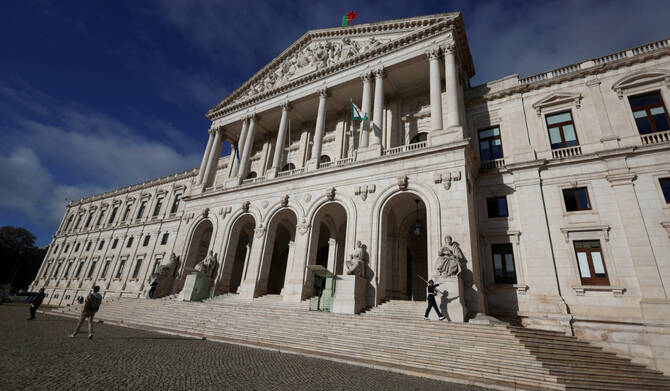Portugal’s Constitutional Court has stopped a new immigration bill that aimed to restrict the number of migrants entering the country. The decision came on August 8 after the court ruled that the bill could create barriers for family members of legally resident migrants, violating rights protected in the constitution.
The bill, already approved by the country’s right-wing parliamentary majority, would have forced legally resident migrants to wait two years before requesting family reunification. Only highly skilled workers and investors with special permits would be exempt. President Marcelo Rebelo de Sousa had earlier sent the bill to the court to check for possible breaches of equality, proportionality, and legal security principles. Following the ruling, he returned it to parliament, though lawmakers are currently on summer recess.
The court warned that the proposal was likely to separate families, which goes against constitutional protections. While Portugal sees far fewer sea arrivals than some European neighbors, the country has strong migration ties with former colonies such as Brazil, Angola, Cape Verde, and Mozambique. In recent years, more migrants have arrived from South Asia, including India and Bangladesh, often working in agriculture as seasonal laborers.
Public opinion on migration remains divided. According to the Francisco Manuel dos Santos Foundation migration barometer, migrants make up 9.8% of Portugal’s population, lower than in 17 other EU countries. Still, around 68% of Portuguese respondents believe immigration policy is too lenient, and a similar number think migrants affect wages or commit more crimes. At the same time, 68% also agree mthat igrants help the economy, strengthen the social security system, and fill labor shortages, especially in construction, farming, and services.
The political climate reflects these mixed views. In the May elections, the center-right and right-wing alliance won the most seats with 32% of the vote, while the far-right party Chega increased its share to nearly 23%. The Socialist Party fell to third place. Chega’s support is strongest in the southern Algarve, while the north leans toward the right-wing Democratic Alliance.
The migration debate intensified on August 9 when 38 Moroccan nationals — including 25 men, six women, and seven children — landed on the Algarve coast in a small wooden boat after a five-day journey. The group showed signs of dehydration and hypothermia. A judge in Silves ruled that all have 20 days to leave the country voluntarily or face expulsion. Until then, they will be housed in a facility in Sagres, guarded by police, civil protection teams, and firefighters.
Minister for the Presidency Leitão Amaro explained that while children are under special protection, adults are subject to expulsion orders. He avoided commenting on potential asylum requests. Witnesses said the migrants asked for water, food, and tobacco upon arrival, and one businessman reported hearing that four people died during the journey from Morocco.
Following the arrival, the Portuguese navy increased patrols along the southern coast and urged residents to report any suspicious boats. Authorities say they are committed to maintaining secure maritime borders, but the court’s rejection of the immigration bill shows the legal and political challenges ahead as Portugal balances security with human rights.

